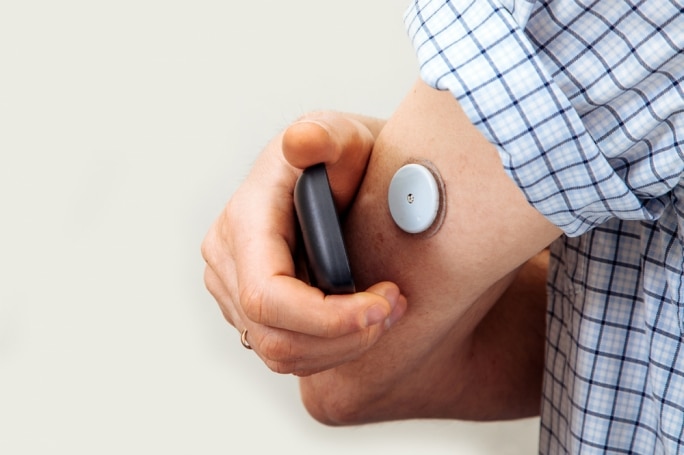In today’s fast-paced world, health management has become more accessible than ever, especially with the advent of at-home medical devices. One such device gaining popularity is the glucose monitor, a crucial tool for individuals managing diabetes or monitoring their blood sugar levels. However, with a plethora of options available in the market, choosing the right glucose monitor can be overwhelming. To ensure you make an informed decision, here’s everything you need to know before buying an at-home blood glucose meter.
Understanding the Importance of a Glucose Monitor
A blood glucose meter or glucometer, is a device that measures the concentration of glucose in the blood. For individuals with diabetes, regular monitoring of blood sugar levels is vital for managing their condition effectively. By keeping track of glucose levels, one can make informed decisions regarding medication, diet, and lifestyle adjustments.
Types of Glucose Monitors
Glucose monitors come in various types, including traditional meters, continuous glucose monitoring (CGM) systems, and flash glucose monitoring systems. Traditional meters require a small blood sample obtained by pricking the fingertip, while CGM systems use sensors inserted under the skin to provide continuous glucose readings. Flash glucose monitoring systems involve wearing a sensor on the skin’s surface, allowing users to scan and obtain glucose readings without finger pricking.
Accuracy and Precision
When selecting a blood glucose meter, accuracy is paramount. Look for devices that have been clinically validated and approved by regulatory authorities. Additionally, consider the monitor’s precision in providing consistent and reliable readings, as this will impact your ability to manage your condition effectively.
Ease of Use
Opt for a blood glucose meter that is user-friendly and easy to operate, especially if you are new to managing diabetes or monitoring blood sugar levels. Features such as large display screens, intuitive interfaces, and ergonomic designs can enhance usability and convenience.
Data Management Capabilities
Many modern glucose monitors offer advanced data management capabilities, allowing users to store and analyze their glucose readings over time. Look for monitors that sync with smartphone apps or computer software, enabling seamless tracking of trends and patterns in your blood sugar levels.
Read more How Can Continuous Glucose Monitoring Improve Glucose Metabolism?
Cost Considerations
Cost is an important factor to consider when purchasing a blood glucose meter, as well as the ongoing expenses associated with supplies such as test strips and lancets. Compare prices and evaluate the long-term affordability of the device and its accessories.
Integration with Other Devices
Consider whether the blood glucose meter integrates with other health-tracking devices or platforms you may already use, such as fitness trackers or electronic health records. Seamless integration can streamline data management and provide a more comprehensive view of your health metrics.
Customer Support and Warranty
Ensure the manufacturer provides adequate customer support and offers a warranty for the glucose monitor. In the event of technical issues or malfunctions, responsive customer service can be invaluable for troubleshooting and resolving issues promptly.
Also, read about Dexcom vs. FreeStyle Libre: Which CGM Is Right for You?
User Reviews and Recommendations
Before making a purchase, take the time to read user reviews and recommendations from individuals who have experience with the blood glucose meter you are considering. Real-world feedback can provide valuable insights into the device’s performance, reliability, and user satisfaction.
Consultation with Healthcare Professionals
Finally, consult with your healthcare provider or diabetes care team before selecting a glucose monitor. They can tailor recommendations to your specific circumstances, medical history, and treatment goals.
In conclusion, choosing the right blood glucose meter for home use requires careful consideration of factors such as accuracy, ease of use, data management capabilities, cost, and customer support. By understanding your options and prioritizing your needs, you can select a blood glucose meter that empowers you to take control of your health and effectively manage your diabetes. Remember, your glucose monitor is not just a device – it’s a vital tool in your journey towards better health and well-being.


